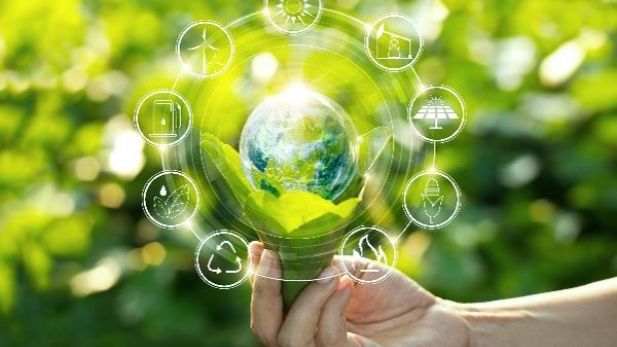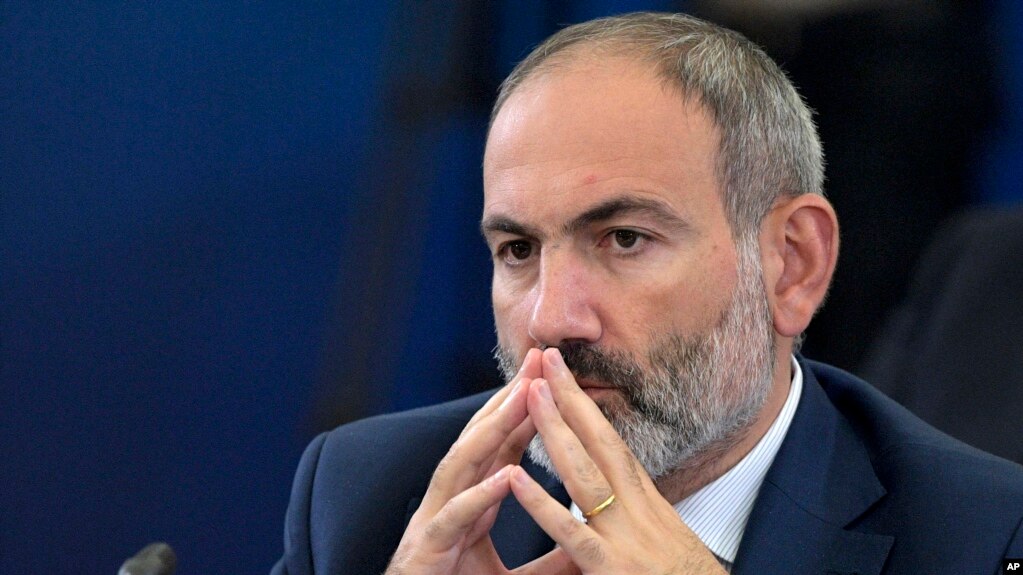
Global Sustainable Enterprise System (GSES), the Dutch National SDG Coordinator, SDG The Netherlands, and other organisations launched the Sustainable Procurement Manifesto Thursday. The initiators call for boosting sustainable procurement on a global scale. The United Arab Emirates (UAE) is next on the agenda. “We are launching a global movement”, said GSES founder Kelly Ruigrok.
By The Liberum newsdesk
The UAE is commonly seen as the frontrunner in the Gulf Cooperation Council (GCC) countries to implement the global sustainability agenda. By purchasing sustainably, companies can make a considerable impact in addressing today's pressing issues, as defined by the 17 Sustainable Development Goals (SDGs) of the United Nations.
Therefore, GSES, Data-for-Good, the Global Sustainability Institute, various European government executives and leading private sector companies initiated the Sustainable Procurement Manifesto.
The Manifesto aims to make a real difference across multiple sectors and national borders. At the same time, it intends to positively impact supply chains through professional procurement and contribute to the organisation’s sustainability goals.
GSES tasks Stefanie Schachtschabel to launch the manifest in the UAE, where 2023 is s dedicated to sustainability, under the theme, 'Today for Tomorrow'. The climax of this year’s year of sustainability is the COP 28 ( United Nations Climate Change Conference) in Dubai, starting on November 30.
“In the Netherlands already, 60 companies have signed the manifesto, which is a great kickstart. My mission is to get the same enthusiasm in the UAE and later in the rest of the region. I want to show the world that this region can lead the way regarding sustainability“, said Schachtschabel.
Signing the Manifesto and being committed to its implementation benefits everyone, GSES-founder Ruigrok emphasised. The Dutch green entrepreneur founded the Rotterdam-based Global Sustainability Institute and Data-for-Good - the thriving forces behind the Manifesto.
Ruigrok: “By working with several purchasing organisations, using the same approach and one language, we work towards a transition that has only winners; the people, the planet and the profit of the organisation.”
In the GCC, there is broad consensus to move from fossils to renewables, invest in reusing waste or by-products, and focus on making supply chains more sustainable. All the member nations have individually written ambitious visions of how this transformation should affect their economies.
Despite those bold ambitions, there is still a long road ahead where a firm commitment from the private sector is envisioned and needed. That is precisely where the Manifesto comes in handy, explained the initiators.
Signing the manifesto is free, just like becoming an active participant. The idea behind this is to instigate a broad behavioural change. Ruigrok: “We aim to launch a new global movement essential for this planet’s future. Organisations want to become more sustainable but need to know how.”
“Nowadays, professional buyers are confronted with scarcity - failed harvests, shortages of raw materials, higher prices, longer delivery times - and social abuses in chains such as image damage and due diligence as significant challenges to guarantee the continuity of business operations/production even longer”, said Karin van IJsselmuide, Director of Sustainable Procurement at GSES.
With that, Van IJsselmuide hits the nail on the head. The private sector is pivotal in securing a more sustainable supply chain. Companies’ efforts to consider the environmental and human impact of their product’s journey through the supply chain, from raw materials sourcing to production, storage, delivery and every transportation link, are crucial for this envisioned transformation to succeed.
The new manifesto was written under the patronage of the SDG-12 alliance coordinator and subsequently coordinated with various supporting partners from the network. It is now ready to be introduced in the GCC. Starting with the UAE, which plays a frontrunner role when it comes to sustainability.
Van IJsselmuide: “By signing this manifesto, companies are starting a movement in their industry; it is a support to get started with the tools, training courses and dashboards we offer.”
In addition, the initiative aims to embed sustainable procurement in the organisation as the new normal and to report in annual social reports and CSRD about their supply chain. In practice, the process is very straightforward and can be easily translated to every enterprise, large or small.
“Success is a joint effort and a process where all supply chain participants ensure their products and services will be more sustainable. The market will respond to this and make other affordable offers because they are not the only customer to ask for this”, concluded Schachtschabel.





